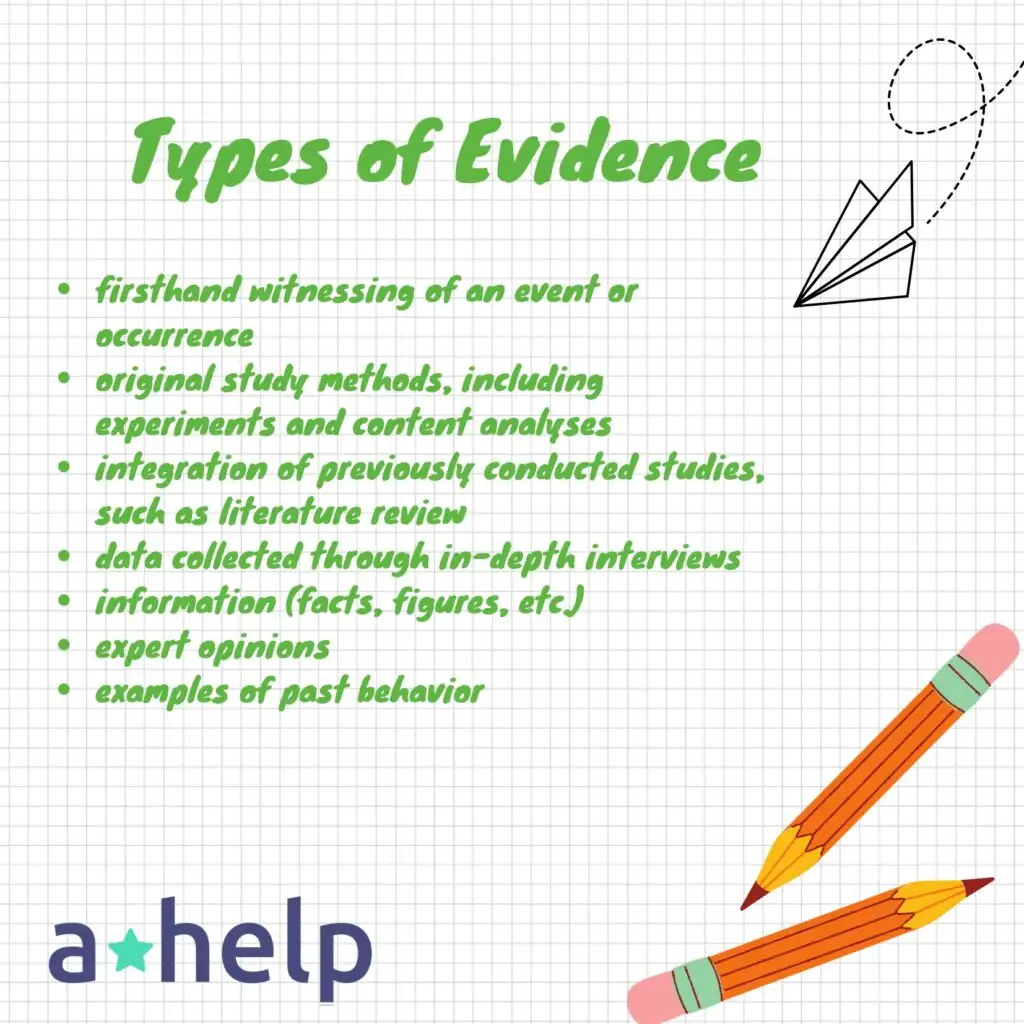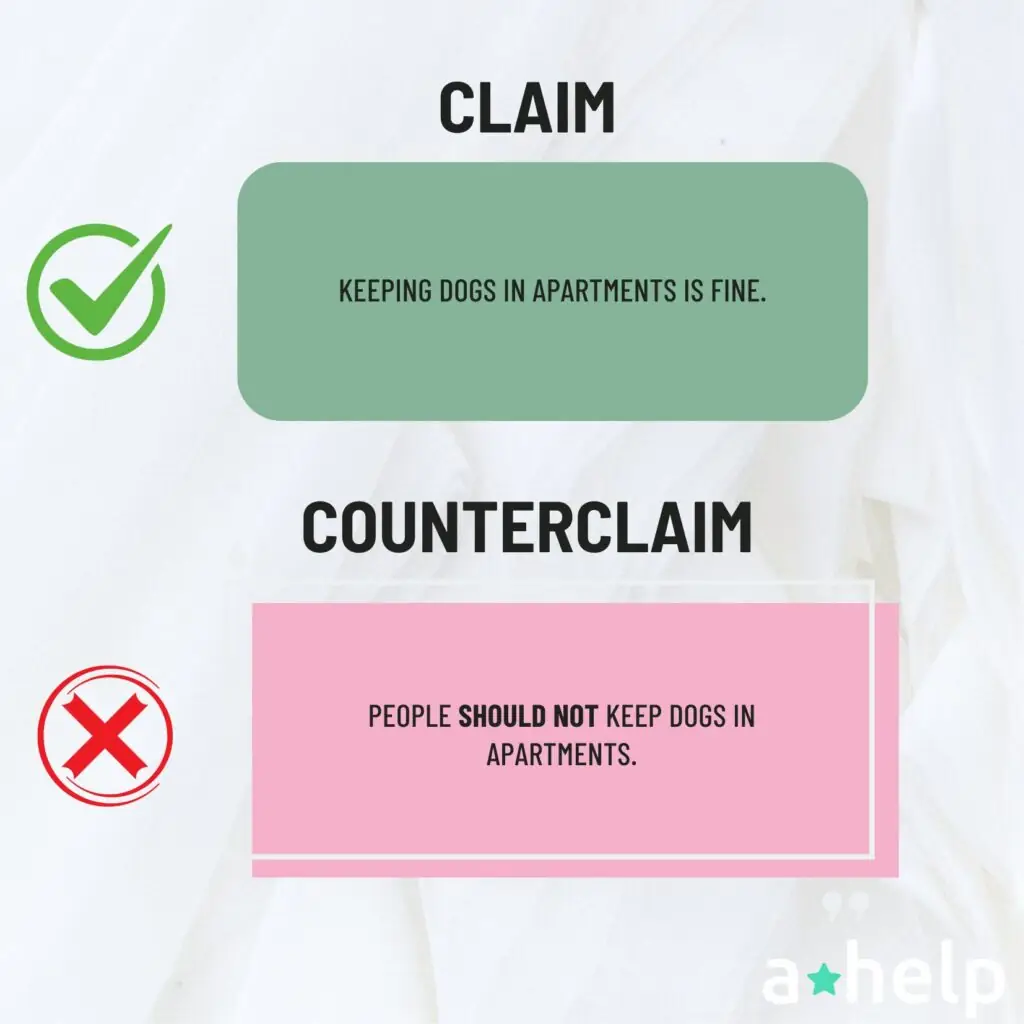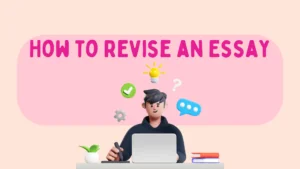Have you ever heard about so-called “claims” in academic writing? Probably yes, and it sounded like something important but not critical enough for further research. This is a common pitfall almost every student encounters: you can delay getting to know about claims for some time, but eventually, they will catch up with you.

✅ AI Essay Writer ✅ AI Detector ✅ Plagchecker ✅ Paraphraser
✅ Summarizer ✅ Citation Generator
One day, you will understand that you cannot develop further as an academic writer without understanding the claims, and find our guide for assistance. So, what are claims, and how do we use them effectively in writing?
What Is a Claim in Writing?
Simply put, a claim is when you make the argument in your writing and reinforce it with concrete evidence. This means you are probably already using claims unintentionally but unaware of that. Such random claims often seem undeveloped and weak and can damage the overall impression of your essay.
So, if you feel like you are trying your best, but your papers are still rated relatively low, the weak claims may be the cornerstone of the problem. Continue reading to find out how to make more substantial claims and plan the structure of your essay based on your central statement and arguments.
How to Write a Claim for Your Essay
An effective way to introduce the central point of your paper and back it up with evidence is to make a claim and then prove it throughout the paper. As an argumentative thesis statement, a claim statement lays out your paper’s central point.
- While claims are based on opinion, they are presented with evidence to support them as facts.
- You make a claim whenever you write an argumentative statement and support it with facts and/or other proof.
| In most cases, the first paragraph of a paper will contain an arguing claim. The introduction typically consists of the claim statement and a hook. The claim statement explains the article’s central argument, while the hook piques the reader’s attention to make them want to read more. |
Statements vs. Claims
Claims made in support of an argument don’t need to be difficult, but they must be more than a simple fact. Usually, writing an essay aims to make your case as convincing as possible. We have provided some examples below to help you better grasp the concept of a claim in an essay.
Statements, in general, aren’t claims; they are just obvious facts. For example, when you say, “I can speak English fluently,” you are making a statement.
If you open by stating, “Everyone in the United States should speak English fluently,” you are making a claim and should focus your paper on supporting it with evidence.
Argumentative Claims Examples
Below you will find a few examples of decent claims to understand how to make a claim better and integrate solid arguments into your academic papers.
- “Using technology in classrooms improves learning and prepares students for a digital world.”
- “Stricter plastic regulations are needed to reduce pollution and protect marine life.”
- “Universal health care ensures everyone can access essential medical services.”
- “Excessive social media use harms mental health, increasing anxiety and depression.”
- “Raising the minimum wage improves living standards and boosts the economy.”
- “Standardized tests should be reformed because they don’t accurately measure student abilities.”
- “Comprehensive immigration reform is needed to provide a fair path to citizenship.”
- “Investing in renewable energy is crucial for reducing greenhouse gas emissions.”
Remember to proofread your essay with a spell checker before submitting it. Editing is a critical stage when seasoned academic writers catch most of their mistakes.
Use our tool to give your paper a final polish!
Which Types of Writing Need Claims?
Writing for various purposes, such as academic or professional purposes, often includes making claims. There are several types of academic papers where making claims is necessary for creating excellent papers, and all these types are listed below.
- Persuasive essays. One sort of argumentative essay is the persuasive essay. Such essays support a writer’s claim with proof based on facts.
- Research papers. Writing a research paper for an academic audience requires you to make a claim—a hypothesis—and back it up with evidence.
- Argumentative essays (of course, no one doubted). These essays take a stance on a contentious topic and provide evidence to support that stance.
- Literary analysis. A literary analysis consists of a writer making a claim about a piece of literature and then using that work to back up their point.
- Persuasive speeches or memos. Even though most persuasive speeches are delivered verbally, many begin with an outline that centers on proving a central point. Persuasive memos also aim to persuade the reader to accept or take action based on an argument supported by evidence.
Why Is It So Important to Support Claims with Evidence?
The evidence is data that reinforces your claims with credible information and is required to support any assertion in writing. Your statement should clearly show a conclusion based on reliable facts. Instead of taking it for granted that your claim is correct, you should provide readers with evidence to think about and come to their conclusions.

Just keep in mind that having some proof to back up your claims does not guarantee that they are factual statements. You need to reinforce your point with undeniable evidence; logical arguments are vital for a solid paper.
What Is a Counterclaim in Writing?
Someone makes a counterclaim when they offer an argument that contradicts your claim. Counterclaims inevitably start an argumentative loop because they always act like a claim themselves. Just like you did when you made your original claim, they will need to state their counterclaim and try to substantiate it with proof.
claim: bringing forward a case and supporting it with proof
counterclaim: making an opposing argument and providing facts to support it

Arguments in a debate consist of assertions (or claims) and counterclaims (or rebuttals). Debaters not only present their views but also strongly refute the points put forth by their opponents.
The Bottom Line: What Is a Claim in an Essay?
Now you know everything needed about claims and evidence and understand how to include one in your paper. For some academic papers, solid claims are important, and it would be smart to build an entire essay around one particular claim; others (for example, descriptive essays) don’t require focusing on conducting a solid claim.
Just reinstating the point: the claim is a central argument in your writing, supported by reliable information from credible sources. So, it’s time to bolster up your writing, make necessary corrections, and start building actual claims: professors will notice positive changes in your writing without a doubt.
FAQ
Follow us on Reddit for more insights and updates.





Comments (0)
Welcome to A*Help comments!
We’re all about debate and discussion at A*Help.
We value the diverse opinions of users, so you may find points of view that you don’t agree with. And that’s cool. However, there are certain things we’re not OK with: attempts to manipulate our data in any way, for example, or the posting of discriminative, offensive, hateful, or disparaging material.